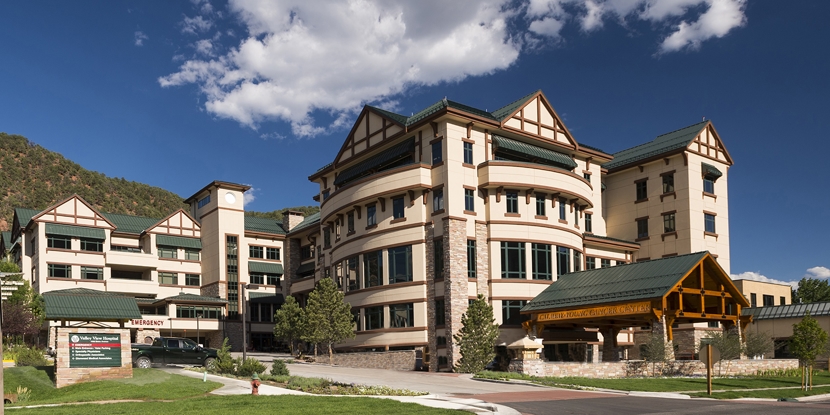HIGH RISK BREAST CARE
Some women may have a high risk of breast cancer due to familial and genetic factors, abnormal mammogram findings and more. The High Risk Breast Clinic provides breast cancer screening, genetic testing for risk evaluation, and chemo-prevention for individuals at increased risk of breast cancer.
A visit to the High Risk Breast Clinic may be right for you if you meet the following risk factors.
RISK FACTORS
Family History and Genetic Factors
If you have a personal or family history of any of the following risk factors you will benefit from a referral to the High Risk Breast Clinic to discuss hereditary breast cancer risks:
- Family history of a known mutation for a cancer predisposition syndrome (e.g. BRCA1 or BRCA2)
- Breast cancer diagnosed at 45 years or younger
-
Breast cancer diagnosed at any age, AND one or more of the following:
- Personal history or family history of ovarian cancer
- Family history of breast cancer diagnosed at or before 50 years of age
- Family history of two or more relatives diagnosed with breast cancer at any age.
- Triple negative breast cancer diagnosed before 60 years of age
- Family history of male breast cancer, pancreatic cancer, metastatic prostate cancer or high grade prostate cancer (Gleason > or = 7)
- Personal or family history of follicular thyroid cancer, endometrial cancer, and/or dermatological manifestations of Cowden syndrome
- Personal or family history of sarcoma, adrenocortical cancer or brain tumors
- Ashkenazi Jewish ancestry
- Unknown or limited family history
- Men with a personal history of breast cancer
- Bilateral cancer (or two breast primaries) diagnosed at any age
High Risk from Risk Assessment Models
Every woman undergoing her annual mammogram at the Breast Imaging Center at Valley View, will be screened with the Tyrer-Cuzick questionnaire (AKA IBIS tool). It is used to calculate a person’s likelihood of carrying the BRCA1 or BRCA2 mutations. It estimates the likelihood of a woman developing breast cancer in 10 years and over the course of her lifetime. The tool is used to help inform a person’s decision-making about genetic counseling and testing. The tool estimates breast cancer risk on the basis of the following risk factors:
- Age
- Body mass index
- Age at menarche
- Obstetric history
- Age at menopause (if applicable)
- History of a benign breast condition that increases breast cancer risk (hyperplasia, atypical hyperplasia, LCIS)
- History of ovarian cancer
- Use of hormone replacement therapy
- Family history (including breast and ovarian cancer, Ashkenazi inheritance, genetic testing if done)
You and your doctor will use results from your breast cancer risk assessment to determine if you have an increased risk of breast cancer. If the model predicts a 5% or greater chance that the woman has a mutation in BRCA1, BRCA2, or both, genetic counseling is advised. If the model predicts a 20% or greater lifetime risk of developing breast cancer you may be referred by your primary care to the high risk breast clinic for additional assessment and development of an individualized plan for ongoing screening and surveillance for breast cancer.
Biopsy Proven Pre-malignancy
Some patients are eligible for a visit to the High Risk Breast Clinic due to a previous breast biopsy with any of the following findings:
- Atypical ductal hyperplasia (ADH)
- Atypical lobular hyperplasia (ALH)
- Ductal carcinoma in situ (DCIS)
- Lobular carcinoma in situ (LCIS)

